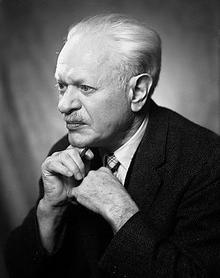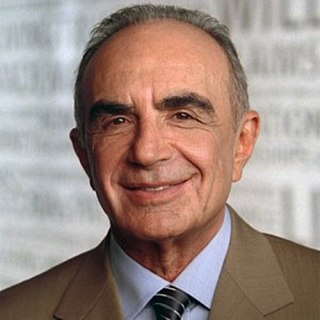A Quote by Aristotle
Rhetoric may be defined as the faculty of observing in any given case the available means of persuasion.
Related Quotes
The most important change, and it's been going on for at least three decades, is the increasing "professionalization," if that's a word, of the faculty. By professionalization I mean the tendency of faculty members to have Ph.D.'s in their academic specialties, and for these specialties to be ever more narrowly defined. The higher-rated schools may have chief executives in residence or retired execs on three-year teaching fellowships, but the days when most faculty members had considerable prior experience as businessmen or women - those days are mostly over.
The future of America may or may not bring forth a black President, a woman President, a Jewish President, but it most certainly always will have a suburban President. A President whose senses have been defined by the suburbs, where lakes and public baths mutate into back yards and freeways, where walking means driving, where talking means telephoning, where watching means TV, and where living means real, imitation life.
If what the philosophers say be true, that all men's actions proceed from one source; that as they assent from a persuasion that a thing is so, and dissent from a persuasion that it is not, and suspend their judgment from a persuasion that it is uncertain, so likewise they seek a thing from a persuasion that it is for their advantage.
Here we have a case, the Swedish case, where I have never been charged with a crime, where I have already been cleared [by the Stockholm prosecutor] and found to be innocent, where the woman herself said that the police made it up, where the United Nations formally said the whole thing is illegal, where the State of Ecuador also investigated and found that I should be given asylum. Those are the facts, but what is the rhetoric?
These two rational faculties may be designated the Scientific Faculty and the Calculative Faculty respectively; since calculation is the same as deliberation, and deliberation is never exercised about things that are invariable, so that the Calculative Faculty is a separate part of the rational half of the soul.
Given that some social processes must convey inherent constraints, the choice is among various mixtures of persuasion, force, and cultural inducement. The less of one, the more of the
others. The degree of freedom that is possible is therefore tied to the extent to which people respond to persuasion or inducement.
I would call the attention of the reader to the difference between "reason" and "reasoning." Reason is a light, reasoning a process. Reason is a faculty, reasoning an exercise of that faculty. Reasoning proceeds from one truth to another by means of argumentation. This generally involves the whole mind in labor and complexity. But reason does not exist merely in order to engage in reasoning. The process is a means to an end. The true fulfillment of reason as a faculty is found when it can embrace the truth simply and without labor in the light of single intuition.
The alternative to intellectual property is straightforward: intellectual products should not be owned, as in the case of everyday language. That means not owned by individuals, corporations, governments, or the community as common property. It means that ideas are available to be used by anyone who wants to.







































